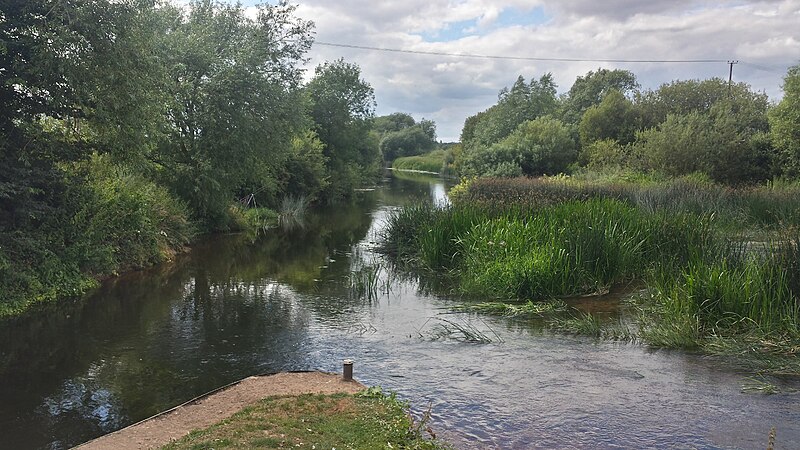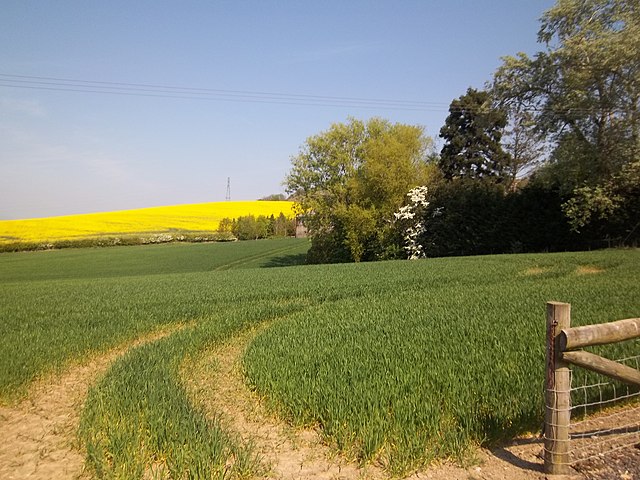
A book newly available for download from the Thammasat University Library database should be useful for students interested in literature, feminism, gender studies, English history, and related subjects.
The Cambridge Companion to George Eliot may be downloaded for free by using TU WiFi.
Mary Ann Evans, known by her pen name George Eliot, was one of the leading English novelists of the Victorian era.
The TU Library owns several other books by and about George Eliot.
She considered herself a “conservative-reformer” of social, moral, and esthetic traditions.
She was opposed to political violence and revolutions, but she understood why some political changes in European history included violence.
Her descriptions of women do not include any examples of female characters who succeed outside the home, but she carefully described their struggles in an era that undervalued women’s abilities.
Eliot disliked sudden social change and political intervention and did not participate in public campaigns for women’s rights in the 1800s. She did not even believe that it was important for women to have the right to vote.
She was a highly literate intellectual, but was not convinced of the value of allowing women to be educated in colleges and universities.

Although she was informed about the Christian Church and priests, she basically disagreed with Christianity; she also translated from the German language serious books about the philosophy of religion.
And while she celebrated childhood experience, traditional community, and family structures, she portrayed failures of community and family.
Because of her achievements, she would have been buried in the Poet’s Corner of Westminster Abbey in London, where many famous English writers have been buried, but she lived with a man for many years without marrying him.
Eliot understood that writing about what was important to her might mean she would receive bad reviews. She noted, “By a peculiar thermometric adjustment, when a woman’s talent is at zero, journalistic approbation is at the boiling pitch; when she attains mediocrity, it is already at no more than summer heat; and if ever she reaches excellence, critical enthusiasm drops to the freezing point.”
Eliot lived with another writer, George Henry Lewes, for over 20 years, although they were not married. This was very unusual at the time.
Middlemarch discusses the status of women, the nature of marriage, idealism, self-interest, religion, hypocrisy, political reform, and education.
Here are some passages from the book, to give some idea of the philosophical and meditative aspects of the story:
- What do we live for, if it is not to make life less difficult to each other? I cannot be indifferent to the troubles of a man who advised me in my trouble, and attended me in my illness.
- Who that cares much to know the history of man, and how the mysterious mixture behaves under the varying experiments of Time, has not dwelt, at least briefly, on the life of Saint Theresa, has not smiled with some gentleness at the thought of the little girl walking forth one morning hand-in-hand with her still smaller brother, to go and seek martyrdom in the country of the Moors?
- If youth is the season of hope, it is often so only in the sense that our elders are hopeful about us; for no age is so apt as youth to think its emotions, partings, and resolves are the last of their kind. Each crisis seems final, simply because it is new.
- What loneliness is more lonely than distrust?
- People glorify all sorts of bravery except the bravery they might show on behalf of their nearest neighbors.
- One must be poor to know the luxury of giving!
- I think any hardship is better than pretending to do what one is paid for, and never really doing it.
- Some set out, like Crusaders of old, with a glorious equipment of hope and enthusiasm and get broken by the way, wanting patience with each other and the world.
- But what we call our despair is often only the painful eagerness of unfed hope.

Thailand and George Eliot
As mentioned, George Eliot was very devoted to her companion. She was so busy at home with him that she refused to visit her own sister, Chrissey, when she was ill.
To describe this decision, George Eliot mentioned Siam when she wrote to friends about it:
If she expresses a wish to see me, I shall go – as soon, that is, as I can leave Mr. Lewes for two days, of which he stoutly resists the mere notion so long as the present servant is in the house. It is a terrible sacrifice to me to leave home at all – quite like the prospect of a tooth-drawing…. People who have been inseparable and found all their happiness in each other for five years are in a sort of Siamese-twin condition that other people are not likely to regard with tolerance or even with belief.
Eliot likened her relationship with her companion to be like In and Chun (1811-1874), conjoined twins born in 1811 in the Mae Klong Valley, Samut Songkhram Province, Siam, during the reign of HM King Rama II.
Their father, Ti-aye, a fisherman, was of Chinese origin and their mother, Nok, possibly of Chinese-Malay background, so the boys were known as the Chinese twins in their homeland. Joined at the sternum by a piece of cartilage, the boys were athletic and enjoyed playing badminton and performing tumbling tricks despite their disability. This caught the eye of a traveling British merchant who exported them to America to exhibit them in sideshows.
Renamed Chang and Eng, they would later convert to Christianity and adopt the family name Bunker, as they settled down in North Carolina. They both married and had several children, some of whom fought for the Confederacy in the American Civil War. They became so famous as performers that a new term, Siamese twins, was used until fairly recently to describe conjoined twins.
Eliot was also held back by her own writing projects from visiting her sister, so that she and literature were also in a form of conjoined twinship.
Finally, her sister died before Eliot could visit. She was aware that by neglecting her own family, she was advancing her art, as she wrote to another friend:
How odious it seems that I, who preach self-devotion, should make myself comfortable here while there is a whole family to whom, by renunciation of my egotism I could give almost everything they want.
Eliot was aware that she could have helped her family, but her literary tasks were of primary importance to her. Readers today may decide whether her sacrifices were worth the effort. Many fellow writers have praised her, for example the American Henry James:
What is remarkable, extraordinary — and the process remains inscrutable and mysterious — is that this quiet, anxious, sedentary, serious, invalidical English lady, without animal spirits, without adventures, without extravagance, assumption, or bravado, should have made us believe that nothing in the world was alien to her; should have produced such rich, deep, masterly pictures of the multifold life of man.
Henry James, Atlantic Monthly (May 1885)

(All images courtesy of Wikimedia Commons)
